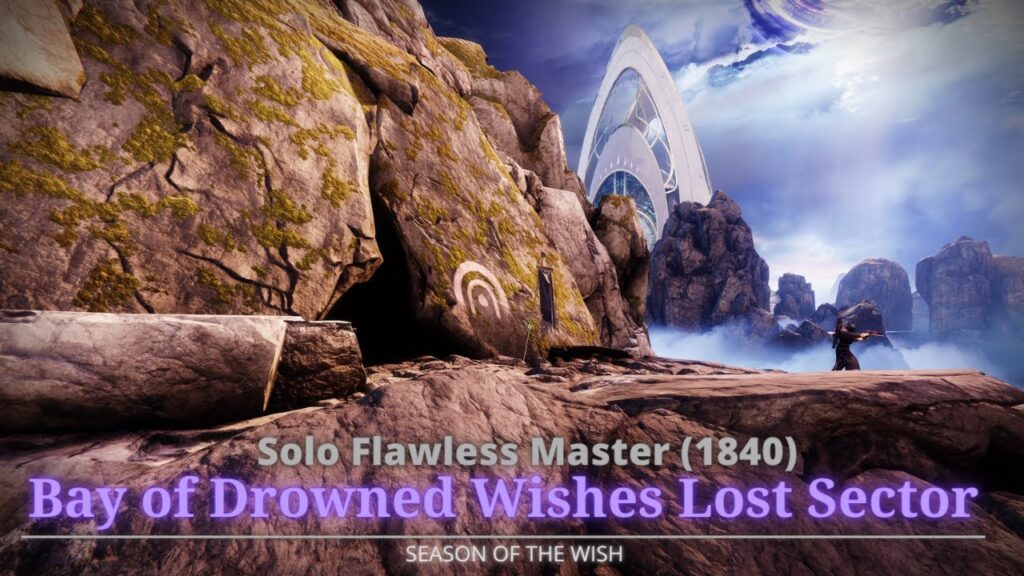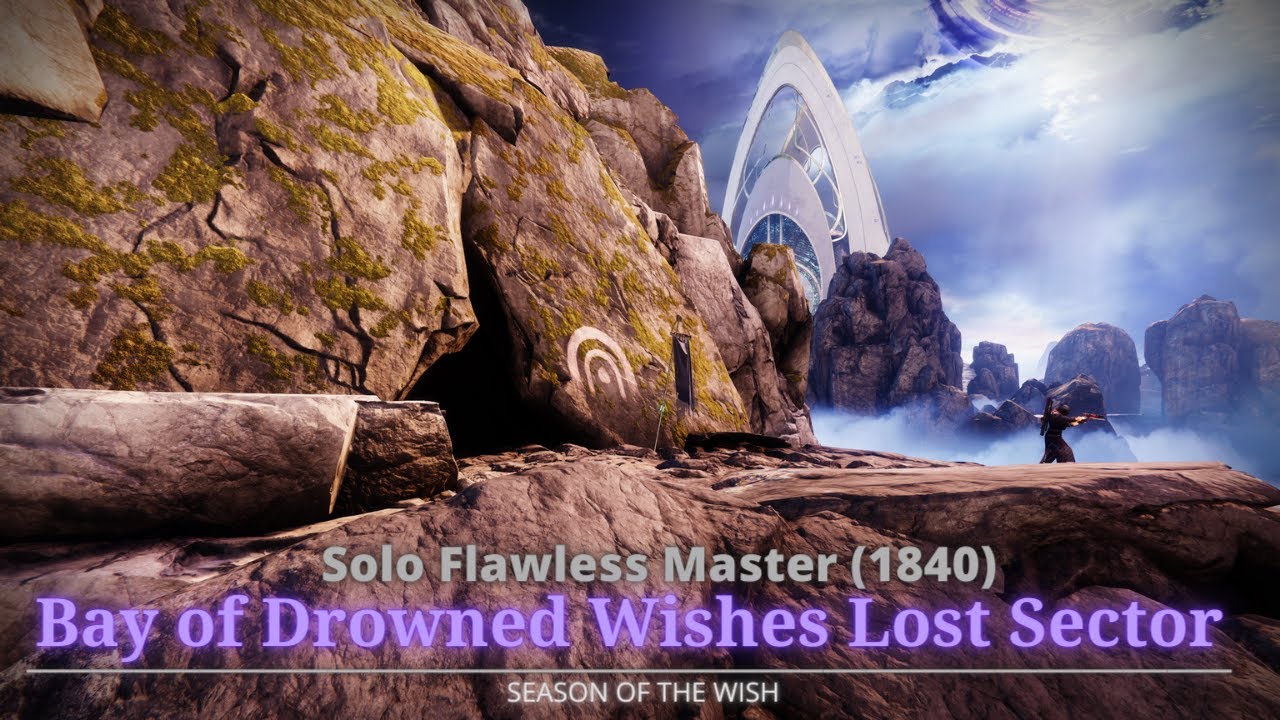
The Lingering Ache of a Wish Lost: Understanding Unfulfilled Desires
The human experience is often defined not just by what we achieve, but also by what we long for and, crucially, by what we fail to attain. The sting of a wish lost can be a powerful and enduring emotion, shaping our perspectives, influencing our decisions, and even impacting our overall well-being. Understanding the psychology behind unfulfilled desires is crucial to navigating the inevitable disappointments that life presents. This article delves into the complexities of processing a wish lost, exploring its various facets and offering strategies for coping and moving forward. We’ll examine the different types of wishes lost, from small, fleeting desires to deeply held aspirations, and analyze how these experiences contribute to our personal growth and resilience.
The Nature of Unfulfilled Desires
What exactly constitutes a wish lost? It can range from a simple, momentary yearning – perhaps a craving for a specific food that’s unavailable – to a profound, life-altering ambition that remains out of reach. The common thread is a sense of longing and disappointment, a feeling of something missing from our lives. These desires can be material, relational, professional, or even existential. A wish lost for a better job, a deeper connection with a loved one, or a more fulfilling life purpose can weigh heavily on our minds.
The intensity of the emotional response to a wish lost often depends on several factors, including the importance of the desire, the effort invested in pursuing it, and the perceived fairness of the outcome. For example, a student who dedicates years to studying for a competitive exam and then fails to pass may experience a far greater sense of loss than someone who casually wishes for a lottery win.
Psychological Impact of a Wish Lost
The psychological impact of a wish lost can be multifaceted. It can trigger feelings of sadness, anger, frustration, and even grief. In some cases, it can lead to a sense of hopelessness and despair, particularly if the desire was deeply intertwined with one’s identity or sense of self-worth. The experience can also erode self-confidence and create a fear of future failures. It is important to acknowledge these feelings and process them in a healthy way. Suppressing emotions can lead to long-term psychological problems. [See also: The Importance of Emotional Regulation]
Common Emotional Responses
- Sadness and Grief: Mourning the loss of a potential future.
- Anger and Frustration: Feeling cheated or wronged by circumstances.
- Guilt and Regret: Questioning past decisions and actions.
- Anxiety and Fear: Worrying about future disappointments.
- Depression and Hopelessness: Losing faith in the possibility of achieving goals.
Long-Term Consequences
If not addressed effectively, the psychological impact of a wish lost can have long-term consequences. It can lead to chronic stress, anxiety disorders, and even depression. It can also affect relationships, work performance, and overall quality of life. Seeking professional help from a therapist or counselor can be beneficial in navigating these challenges.
Coping Strategies for Dealing with Unfulfilled Desires
While the pain of a wish lost can be intense, it is not insurmountable. There are several coping strategies that can help individuals process their emotions, regain a sense of control, and move forward with their lives.
Acceptance and Acknowledgment
The first step is to acknowledge and accept the reality of the situation. Denying or suppressing emotions will only prolong the pain. Allow yourself to feel the sadness, anger, or frustration without judgment. Recognize that it is okay to grieve for a wish lost. This acceptance is the foundation for healing and moving forward. Acknowledging the loss also allows for a more rational assessment of the situation, helping to understand why the wish remained unfulfilled.
Reframing and Perspective
Reframing the situation can help to change your perspective and reduce the intensity of the emotional response. Instead of focusing on the negative aspects of the wish lost, try to identify any potential benefits or lessons learned. For example, a job rejection might lead to a better opportunity down the line. A failed relationship might provide valuable insights into what you are looking for in a partner. Finding a silver lining can help to mitigate the pain and foster resilience.
Setting New Goals
Dwelling on a wish lost can be debilitating. Setting new goals can provide a sense of purpose and direction, helping to shift your focus from the past to the future. These goals don’t have to be grand or ambitious. Even small, achievable goals can boost your self-esteem and create a sense of momentum. The key is to choose goals that are meaningful and aligned with your values. It’s important to consider whether the original wish lost can be adapted or replaced with a new, more attainable objective. [See also: The Power of Goal Setting]
Self-Care and Support
Prioritizing self-care is essential for emotional well-being. Engage in activities that bring you joy and relaxation, such as spending time in nature, listening to music, or practicing mindfulness. Connect with supportive friends and family members who can provide encouragement and understanding. Talking about your feelings can help to process them and reduce feelings of isolation. Remember, you are not alone in experiencing disappointment and loss.
Learning from the Experience
Every experience, even a painful one, can be a learning opportunity. Reflect on the circumstances surrounding the wish lost and identify any lessons that can be applied to future endeavors. Did you make any mistakes that you can avoid in the future? Were there any external factors that contributed to the outcome? Understanding the reasons behind the failure can help to prevent similar situations from occurring in the future. Learning from the experience can transform a wish lost into a valuable source of wisdom and growth.
The Role of Resilience
Resilience is the ability to bounce back from adversity and adapt to change. It is a crucial factor in coping with the pain of a wish lost. Resilient individuals are better equipped to manage stress, regulate their emotions, and maintain a positive outlook. Building resilience involves developing a strong sense of self-efficacy, cultivating supportive relationships, and practicing self-compassion. Remember that setbacks are a normal part of life and that you have the capacity to overcome them.
Ultimately, dealing with a wish lost is a journey of self-discovery and growth. It requires courage, resilience, and a willingness to embrace change. By acknowledging your emotions, reframing your perspective, setting new goals, and prioritizing self-care, you can navigate the pain of disappointment and emerge stronger and more resilient than before. The experience of a wish lost, while painful, can ultimately contribute to a richer and more meaningful life. It is a reminder that life is not always about achieving our desires, but about how we respond to the challenges and setbacks that we encounter along the way.
Moving Forward After a Wish Lost
Accepting that some desires will remain unfulfilled is a key part of emotional maturity. It allows us to focus our energy on what we can control and to appreciate the blessings we already have. While the memory of a wish lost may linger, it doesn’t have to define our future. By learning from our experiences and cultivating resilience, we can create a life that is both fulfilling and meaningful, even in the face of disappointment. The journey of life is filled with both triumphs and setbacks, and it is our ability to navigate these challenges that ultimately shapes who we become. The key is to keep moving forward, to keep learning, and to keep striving for a better future, even when the path is uncertain and the destination is unclear.
The process of healing from a wish lost is not always linear. There may be times when the pain resurfaces, and it is important to be patient and compassionate with yourself. Remember that it is okay to seek help from others, whether it is a friend, family member, or therapist. The support of others can provide comfort and encouragement during difficult times. And above all, remember that you are not alone in this journey. Many people have experienced the pain of unfulfilled desires, and they have found ways to cope and move forward. With time, resilience, and a commitment to self-care, you too can overcome the challenges of a wish lost and create a life that is filled with joy, purpose, and meaning.

